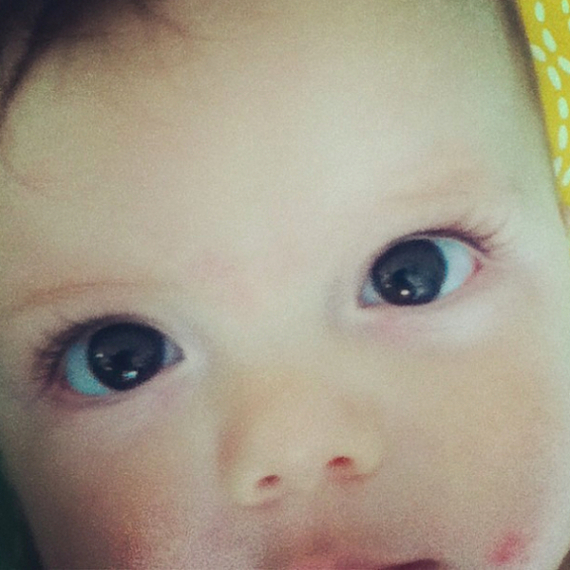We never outgrow the basic need we had as children for love, expressed through concentrated attention, affection and unconditional acceptance. And we're all walking around looking for it, all the time.
Conditional acceptance doesn't exist because love has no gray areas. And to love someone is to accept that person exactly as he or she is.
Love says: "Even if you never change, even if you don't do it my way, even if you don't want my help, even if you don't love me in return, I'll still accept and love you exactly as you are. I may disapprove of your actions, but I'll never withdraw my support from you."
That's real love.
Imagine a parent who knows that his teenaged daughter's behavior is not working in her best interest. Her ill-mannered belligerence is sabotaging her relationships, both at home and at school. And Dad wants her to change, for her sake.
So he lists for her all the things she's doing that he believes aren't working. And he tells her, "If you'll stop doing these things, life will go better for you. I'm telling you this because I care about you. It's for your own good."
What goes through the girl's head? She probably knows she's hurting her relationships and even feels guilty about it. Her dad's instructions for how to correct the situation aren't new - she's probably already thought of them herself.
She knows what to do, and why to do it. So what will she do?
She'll continue expressing rudely and belligerently. And this is the message behind her behavior: "I understand that I need to change. I can change. I'm even willing to change. But I will not change, no matter what, until you accept me exactly as I am, even if I don't change."
If the rules have been explained, most children know what appropriate behavior is, and they don't need more instructions. They don't misunderstand the problem or the solution.
And they can correct their behavior themselves, quickly and automatically. What it takes is a sincere message from the adults that says: "You're a perfect child, and you don't have to change yourself to get my love. I'll support you, no matter what."
And what is true of children is also true of the rest of us. When we feel accepted by people, we'll even ask them for advice, because they don't have a vested interest in the outcome.
It's not that we don't want to change. It's that we don't want to be changed.
If people aren't willing to accept us as we are, we're likely to refuse their suggestions, no matter how kindly they're given. And many couples get stuck in a pattern of trying to change each other, which results in resistance.
If our partners, children, friends or colleagues believe that we'll only accept them if they behave in a certain way, they'll carry a fear of not meeting our expectations. If we're judging, criticizing or just generally telling others what they should do so that we can feel right and better, fear will be the foundation of those relationships.
And we'll never know those people as intricate and unique beings. We'll never understand the special ingredients that make up their distinctive choices of lifestyle, beliefs and thoughts.
And it won't be real love.
We may never approve of their choices. But is being right worth more than our family and friends feeling safe and trusting in our support?
When our children come home from school and can't wait to tell us about all their problems, they're rarely looking for solutions. Instead, they're looking for understanding that they have a problem.
They're masters at claiming, "It's not fair!" And if we respond with all the reasons why it is fair, and why it will be better if they'll just do this instead of that, we'll miss the point.
And the kids will argue every point we bring up because that's what they do when they're asking for understanding and not getting it.
They know we care about them. They know we're trying to help. And they're still driven to find that missing piece of the puzzle - unconditional acceptance.
We're focusing on fixing things and resolving stuff. And they're saying, "I just want understanding and approval right now."
Their communication is not about issues. It's about a need they're experiencing. And that's what they're really asking about. When we answer that question, the kids will take care of the rest.
What's the question?
There's only one question we're all asking, in every interaction: "Will you show me what real love is?"
If our answer is, "Oh, your problem isn't that serious. Here's a solution for you," we've missed the real question. If instead we say, "I care about you, and I'll stick with you while you're dealing with this," our children will figure out their own problems, and also the solutions.
And even more importantly, a communication beyond words will take place - a communication between two hearts.
This post appears on Grace's blog at gracederond.com. You can also follow her on Facebook and Twitter. Photo credit goes to Santa Fe artist, M. Ricioppo.
